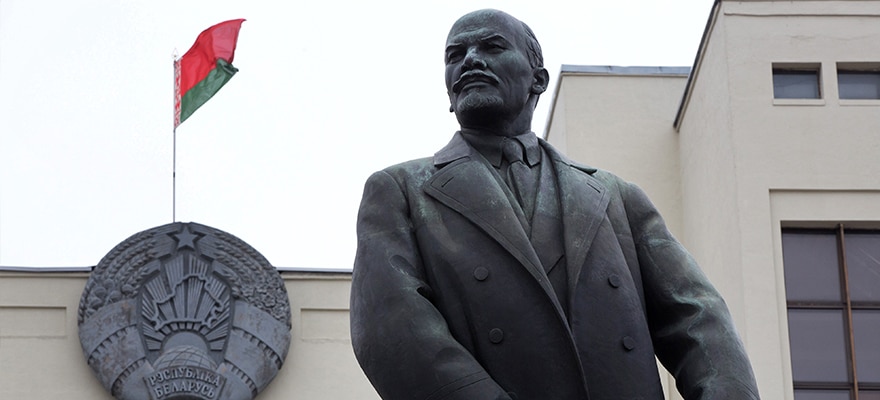Belarus, a country in the eastern part of Europe, has taken another progressive step to adopt Blockchain technology, as on 18 June, the country’s President, Alexander Lukashenko, has signed a bill making it the first jurisdiction with a comprehensive regulation of businesses based on blockchain technology.
The bill has also legitimized smart contracts at the state level.
Belarus is one of the few European countries which are betting bullishly on Cryptocurrencies . Late last year, its President signed a decree legitimizing transactions in cryptocurrencies which came into effect earlier in March. The primary objective of it was to attract the booming private blockchain businesses to the country. Among other things, the law also exempts new tech companies from certain taxes, allows for increased involvement with foreign banks.
Small country, big plan
However, Belarus is not the only country in the race to accept cryptocurrency as other small European nations like Estonia, Malta, and autonomous jurisdiction like Gibraltar are also attracting cryptocurrency startups by legitimizing the controversial sector.
After legalizing blockchain industry, Malta has seen a recent influx of blockchain startups which was highlighted by the announcement of Binance, one of the largest cryptocurrency exchange in the world, to move its base from Asia to Malta. Binance’s move was followed by other blockchain firms, and the island now hosts two out of five leading crypto exchanges.
Last year, the British overseas territory of Gibraltar has become the first European jurisdiction to introduce legislation recognizing the blockchain companies which came into effect from January 1, 2018.
The potential of the sector is also attracting the attention of major European countries. Earlier this year, French regulators put forth their intention to attract blockchain firms to the country by creating a regulatory framework for ICOs. It was followed by a massive tax cut for cryptocurrencies which reduced the taxes from 45 percent to 19 percent.

















